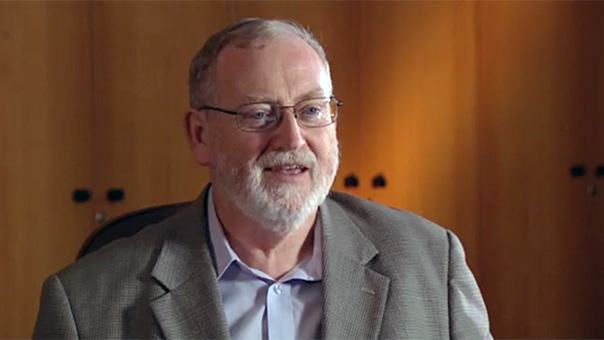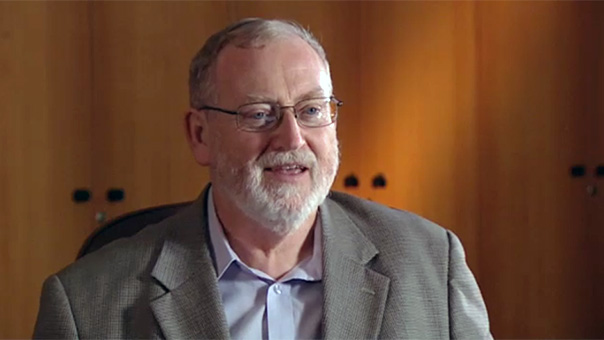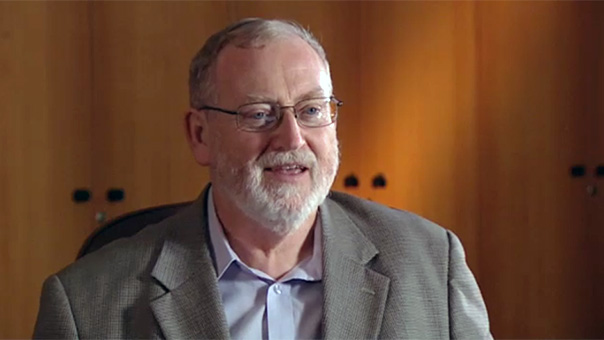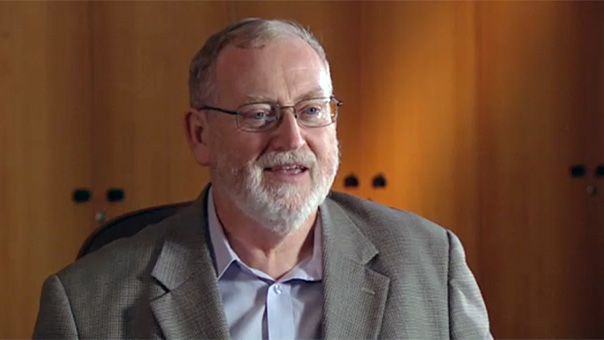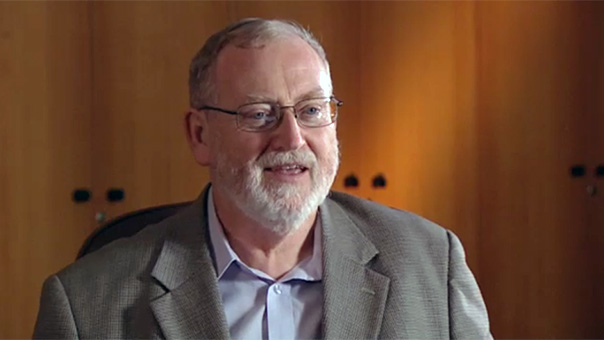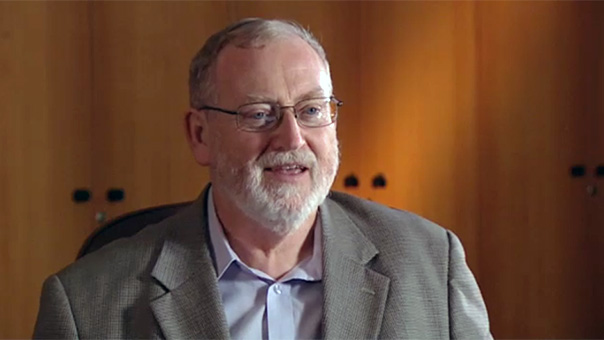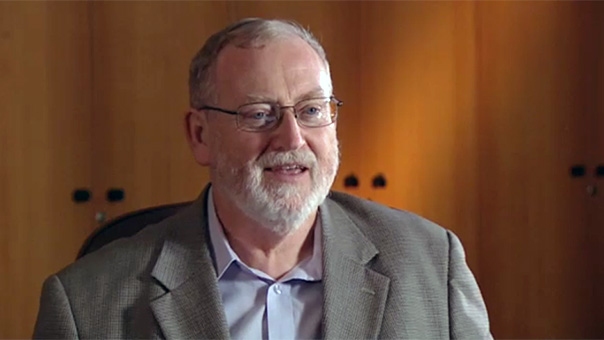2. Relevance of economics
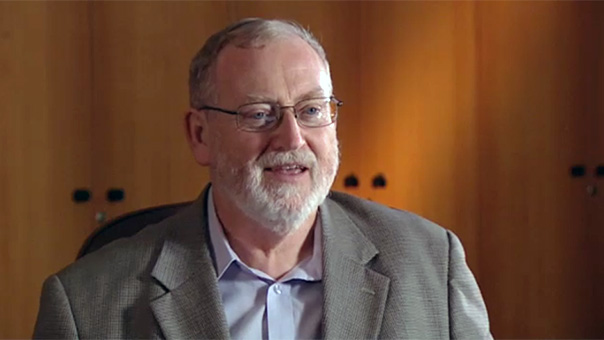
Viewing guide
Review the last Australian budget overview.
As a class, discuss the key areas of this budget. Identify which of these have had the greatest impact on you personally. Explain your decision.
-
Take notes on:
-
the economic factors that Gittins’ highlights
-
his account of economic production.
-
-
Gittins states that ‘Economics is the study of the ordinary business of life that all of us are engaged in’. Explain what this means to you.
-
Do you agree with Gittins’ statement that economics is all around us?
-
How does an understanding of economics help you?
-
Considering the circular flow of income, is production and consumption all there is?
Concluding task
The operation of an economy encompasses the production and exchange of goods and services as well as consideration of the circular flow of income. Research the production resources, namely natural, labour, capital and entrepreneurial resources. In your response, include the ‘circular flow of income’ model and describe how this is applied in the Australian economy using a real-life example.
Completing this activity gives students the opportunity to achieve the following preliminary outcomes:
-
demonstrates understanding of economic terms, concepts and relationships (P1)
-
explains the economic role of individuals, firms and government in an economy (P2)
-
explains the role of government in the Australian economy (P6)
-
identifies the nature and causes of economic problems and issues for individuals, firms and governments (P7)
-
applies appropriate terminology, concepts and theories in economic contexts (P8)
-
selects and organises information from a variety of sources for relevance and reliability (P9)
John Pierce: I remember at the very first economics lecture that I attended at university, the lecturer ran through, oh, half a dozen of the classic sort of economic problems and answers, and at the very end of the lecture concluded by raising his arms above his head and declaring, 'And that's why economics is the ultimate morality.' Now that is clearly, that declaration, overstating the case, but why do you think that at least an understanding of some economic fundamentals is so useful to people?
Ross Gittins: Well I think it is useful. I don't think there's any doubt about that. It's because the economy that you read about in the newspaper is the macro economy. It's the big economy. It deals with things that are remote, that are important but remote from our lives: the Budget, the current account deficit, the balance of payments, these things. Well, how does that relate to me? But, so if that stuff doesn't do a lot for you then you can feel that it's not terribly relevant and important. But in fact, economics is about the study of production and consumption. Well that's what we do in our lives. We get up, we go to work, that's production. We stop at lunch time and have lunch, that's consumption. Economics is the study of the ordinary business of life that all of us are engaged in. And so economics can tell us things about how we fit into the economy, how the economy affects us, useful things, things which, if you know them, you can have a more successful life.
